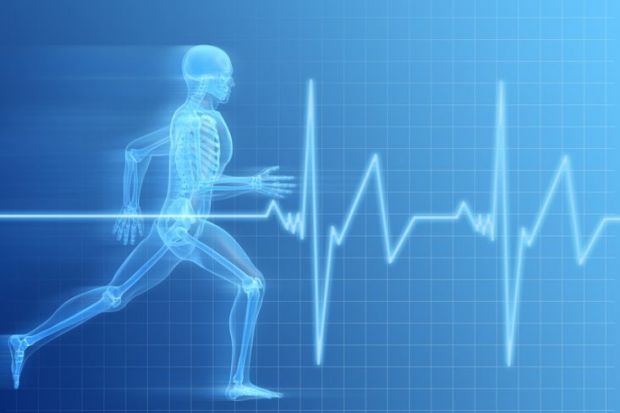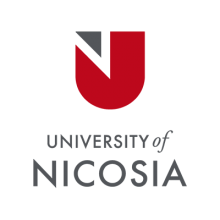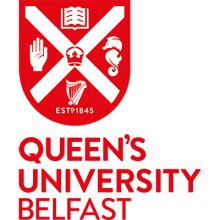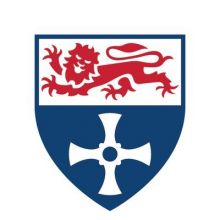
What is sports science?
Sports science, or sport science, is an amalgamation of several different disciplines and focuses primarily on the scientific principles behind exercise performance. It combines branches of science, including physiology, psychology, biomechanics and nutrition, with business and management skills to produce graduates who are capable of careers in a range of industries.
The main focus of sport science is the relationship between exercise and human body, at a cellular level and with regard to the impact on the body as a whole. Unsurprisingly the most common destination for sports science graduates is the sports performance industry, as the competition to achieve new records in different sporting disciplines continues to intensify.
In recent years, sports science has rapidly become a very popular degree course and new research into the human body’s reaction to exercise and other impetuses is changing the way that sportspeople train and condition themselves.
Find out which top universities offer degrees in sports science
What might you find on a sports science degree course?
A sports science course introduces students to the various branches of science that relate to the relationship between exercise and the human body. Over the course of the degree students will develop an understanding of physiology, psychology, neurophysiology, biomechanics, biochemistry, psychophysiology, anatomy, biokinetics, muscle mechanics and immunology, and by being exposed to these various disciplines sports science students have a wide foundation of knowledge to help them decide which career path would be best suited for them.
Most undergraduate sports science degree courses are either three or four years long, while some universities have started to offer master’s courses, which are often more research-based and normally take one or two years to complete.
Sports science degree courses are normally a balance between theoretical and practical work. Lectures and seminars are supported by independent study and research, while knowledge is applied through both laboratory work and practical exercise sessions. Sports science courses are assessed in multiple ways, although most include a dissertation in the final year of study, while written and practical exams as well as essays and laboratory reports are the other main forms of assessment.
More subject guides
What can you do with an architecture degree?
What can you do with a design degree?
What can you do with an art degree?
What can you do with a mathematics degree?
What can you do with a medicine degree?
What can you do with a biology degree?
What can you do with a veterinary science degree?
What can you do with a performing arts degree?
What can you do with a business degree?
What should I study to do a sports science degree?
Most sports science courses require the prospective student to have studied at least one science-based subject at school. Biology is arguably the most valuable subject, while physical education, chemistry and physics are all useful and would give a future sports science student a good foundation.
The careers that a sports science degree can lead to are very broad, but if a prospective student is already sure of their intended career path then they may find some subjects more useful than others – for example, a prospective sports psychologists should consider studying psychology too, while someone hoping to become a dietitian or nutritionist may consider studying food technology.
Having a keen interest in sport and exercise is vital and there are so many opportunities to get some work experience in a related field before starting a sports science course, such as helping at a sports club, outdoor pursuits activities, or even working at a gym.
Student experience of studying sport science
Where did UK royals go to university?
Top 10 university hacks from some of the UK’s most successful students and graduates
What do sports science graduates go on to do?
As the sports and health industries continue to expand, sports science has rapidly become a popular degree course and it can be used in a variety of different industries, making it a versatile choice of degree. Sports management is a common destination for graduates and makes use of the business and management skills learned on the course, often in positions within sports clubs and organisations.
Sport psychology and physiotherapy often require additional qualifications, but roles within these fields are also popular choices for sports science graduates. For those interested in teaching, sports education may be a good choice of career path and there are more and more roles available, from teaching children in a school environment to instructing clients as a personal trainer.
In today’s health-conscious world, sports nutritionists also have a vital role to play in keeping sportspeople and athletes in peak condition, and this is another likely career path for sports science graduates. A lot of graduates go into careers as PE teachers, sports coaches, fitness instructors and personal trainers, although the management, organisational and motivational skills that are central to most sports science courses allow sports science graduates to adapt to numerous roles.
Graduates who choose to continue their education and training beyond undergraduate level can specialise and become nutritionists, physiotherapists, sports psychologists and research scientists, as well as a host of other roles.
Famous people who studied sports science
Sports science is now offered by a host of universities and it has become increasingly popular in the last few years. Among the famous people who have studied sports science are British Paralympic athlete John McFall, who received a bachelor’s degree from Swansea University and later completed a master’s course at the University of Wales Institute, Cardiff (UWIC).
Interestingly the son of the British Princess Royal, Peter Phillips, also studied sports science, later going on to work for the Williams Formula 1 racing team. Tim Noakes, a South African scientist who is among the most respected sports scientists alive today, studied at the University of Cape Town and has written a number of books about diets and exercise.
Read more: Best universities for life sciences degrees

















